It’s easy to get caught up in the latest fad when it comes to health and overlook some of the opportunities the planet gives us that can naturally improve our health as we age. One of those is the simple but incredibly useful houseplant.
Much in the way plants play a central role in diets that can improve your cognitive health and prevent brain inflammation, they also offer the ability to cleanse the air of impurities. Beyond converting carbon dioxide into oxygen through photosynthesis, plants also can reduce pollutants such as benzene, formaldehyde and trichloroethylene.
The purifying power of plants came to light to the general public decades ago with release of the NASA Clear Air Study. Scientists at the space agency wanted to find ways to clean the air in space stations. They found that certain plants did an excellent job in this regard.
In writing the study, NASA scientists noted that people in enclosed spaces cut themselves off from nature’s life support system, leading to indoor pollutants. “The answer to these problems is obvious,” they wrote. “If man is to move into closed environments, on Earth or in space, he must take along nature’s life support system.”
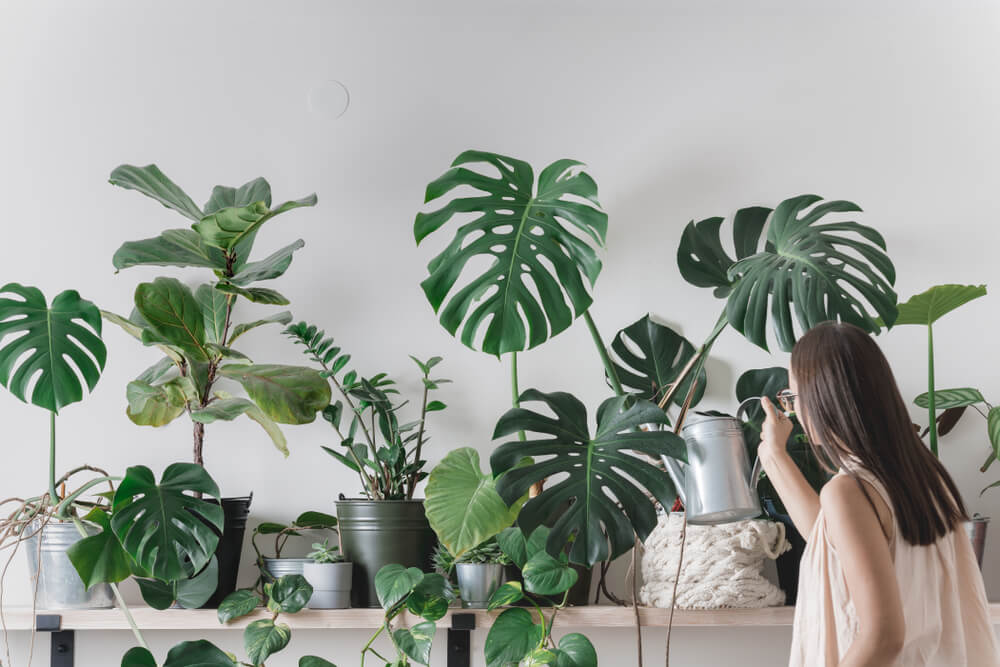
How Plants Promote Wellbeing for People
What the NASA scientists pointed out already seems true to most people on an intuitive level. We’re part of nature. Therefore, having a part of nature in our homes seems beneficial. Scientific research now backs up that notion. That includes benefits to cognitive health.
For example, a study published in the Journal of Physiological Anthropology found that indoor plants can reduce stress through “suppression of sympathetic nervous system activity and diastolic blood pressure and promotion of comfortable, soothed, and natural feelings.” That’s good news both for the systems of your body as well as your brain. Reducing stress is known to promote better cognitive function.
A small recent study from Korea also found that students exhibited better concentration and attention when they studied in a room with real plants as opposed to one with a fake plant, a photo of a plant or nothing plant-related.
A study from the National Health Service in the United Kingdom found patients with dementia, depression and anxiety experienced improved feelings of wellbeing after participating in “horticultural therapy” that ranged from caring for a plant in their room to working in a garden.
Good Options For Plants That Will Improve Your Wellbeing
While it’s clear that plants have a beneficial impact on both the air and your wellbeing, many people shy away from bringing plants into their home. They worry that a lack of gardening experience could result in a house full of dead plants in a few weeks. Fortunately, plenty of plants are available that require minimal care. Here a few of the plants that you can bring into your home, no matter your level of gardening skill.
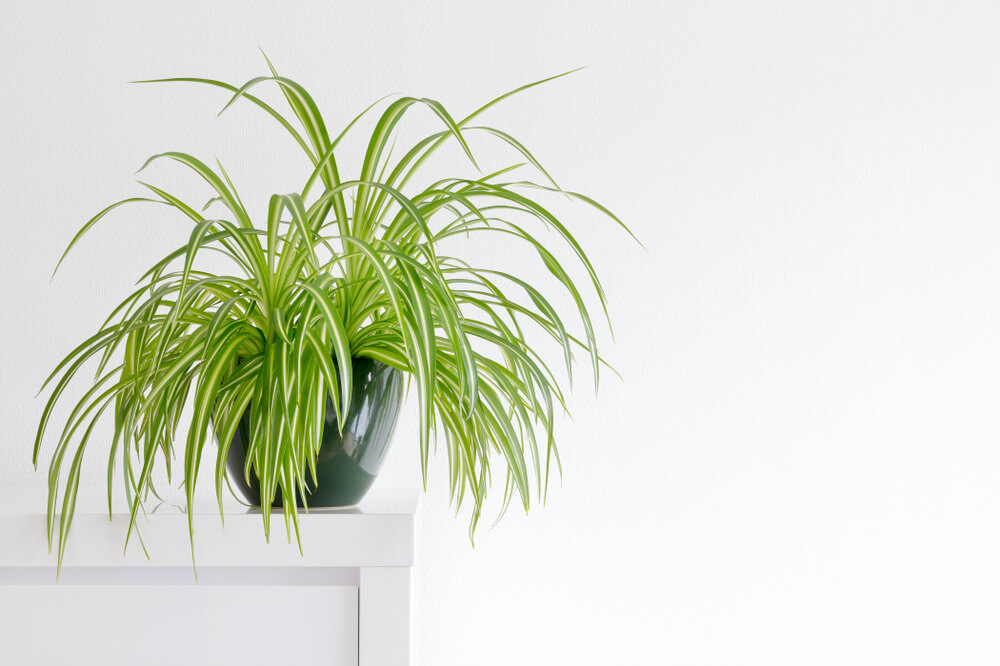
Spider Plant. The perfect place to start for the new plant owner. Spider plants require watering two or three times a week, but they are very forgiving of people who have difficulty sticking to that schedule. They also thrive in almost any kind of light, including indirect sunlight.
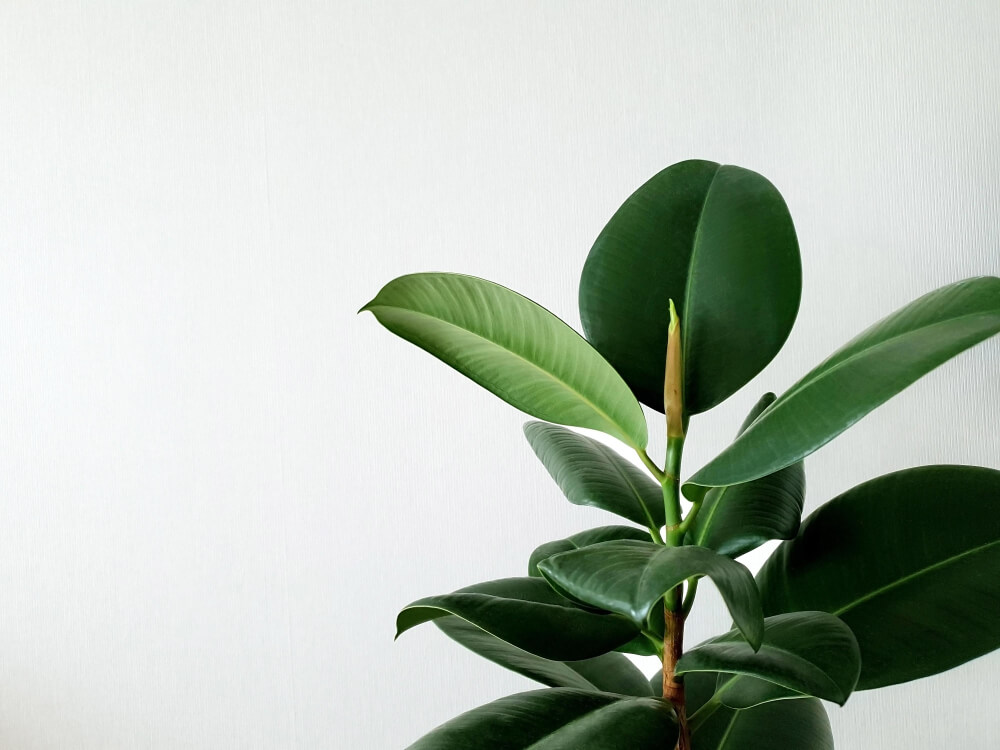
Rubber plants. Place your rubber plant in bright sunlight. This hardy plant, a native of India, cleans toxins out of the air using its broad leaves. They do better with under-watering than over-watering, so if you forget a time or two, it’s fine by the rubber plant. One thing to remember: it can grow to eight feet tall.
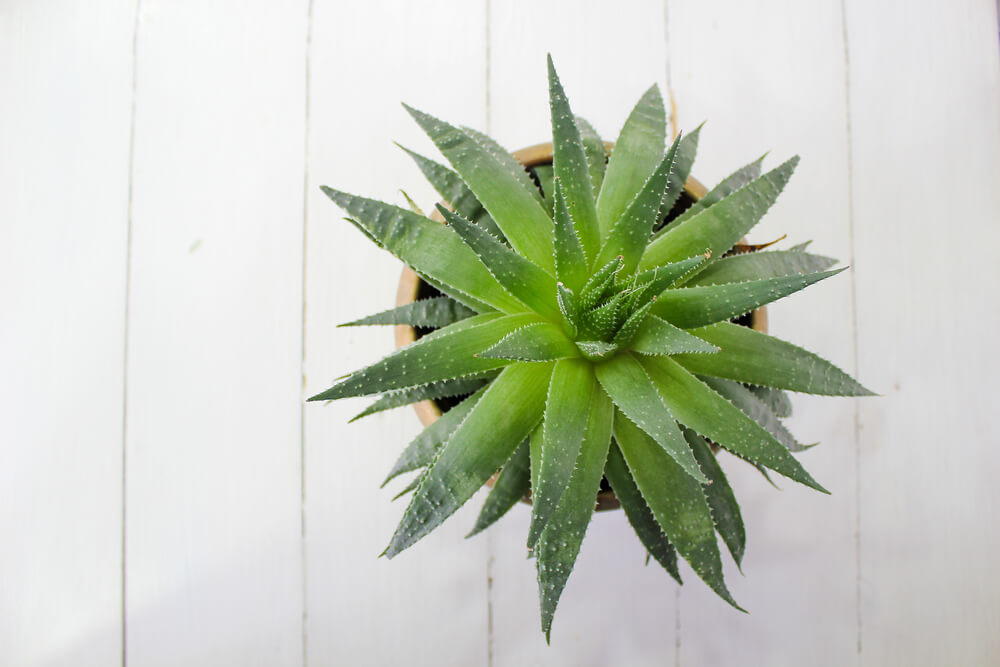
Aloe vera. If you have a window ledge in your kitchen that gets direct sunlight, then you have the perfect spot for aloe vera. They thrive in direct sunlight. The leaves also produce a gel that can help treat minor burns (another reason the kitchen is a good spot).
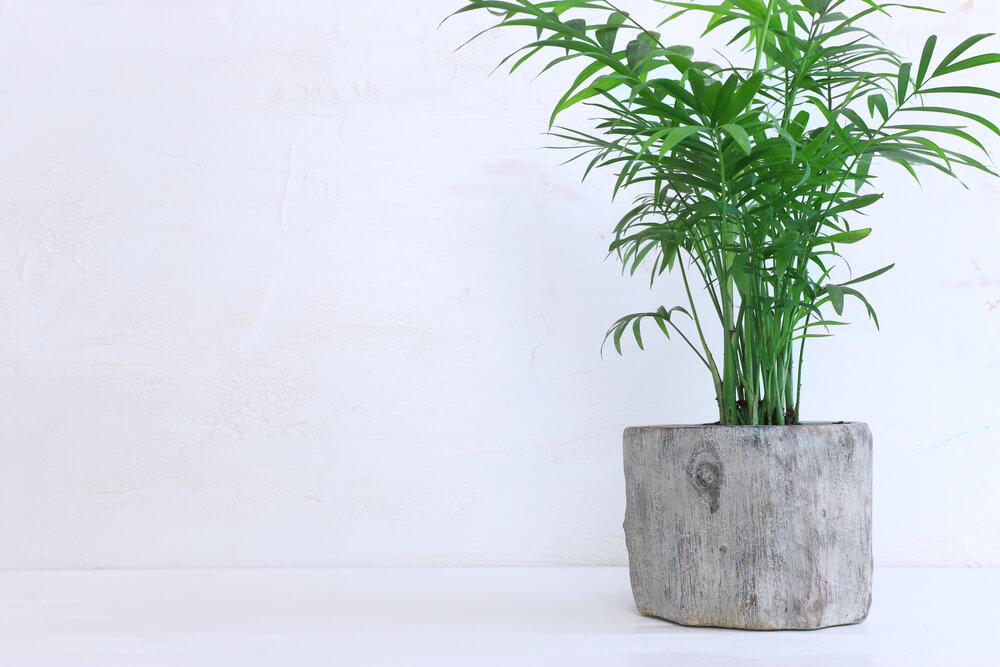
Areca palms. You may also see this at your local nursery as the butterfly palm. They grow well outdoors, but also can thrive in an interior location that gets plenty of sunlight. The plant is a native of Madagascar and has earned the Award of Golden Merit from the Royal Horticultural Society. Even so, it’s easy to care for as long as you maintain a good watering schedule.
Any of these four are a good place to start for those who have never cared for plants. Others to consider include the bamboo palm, Chinese evergreen, and the chrysanthemum
(slightly more difficult to care for than the other plants on this list, but also incredibly beautiful).
Much like pets, plants take care of you when you take care of them. These plants can provide an easy way to start getting the benefits of having plants in your home, including cleaning the air of harmful pollutants.
